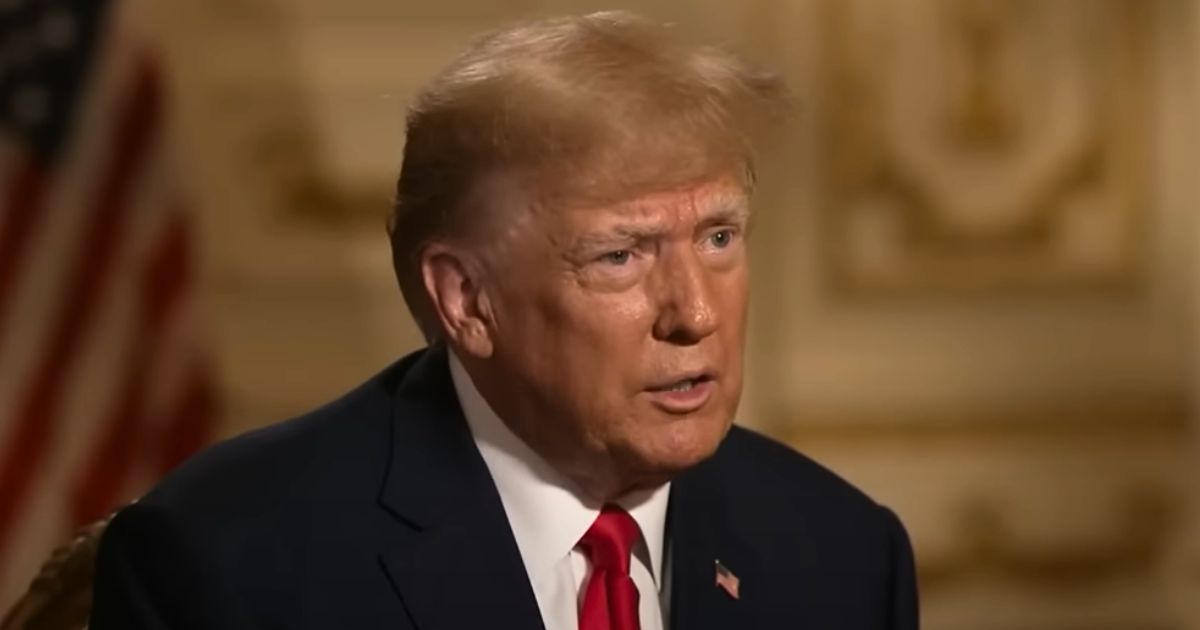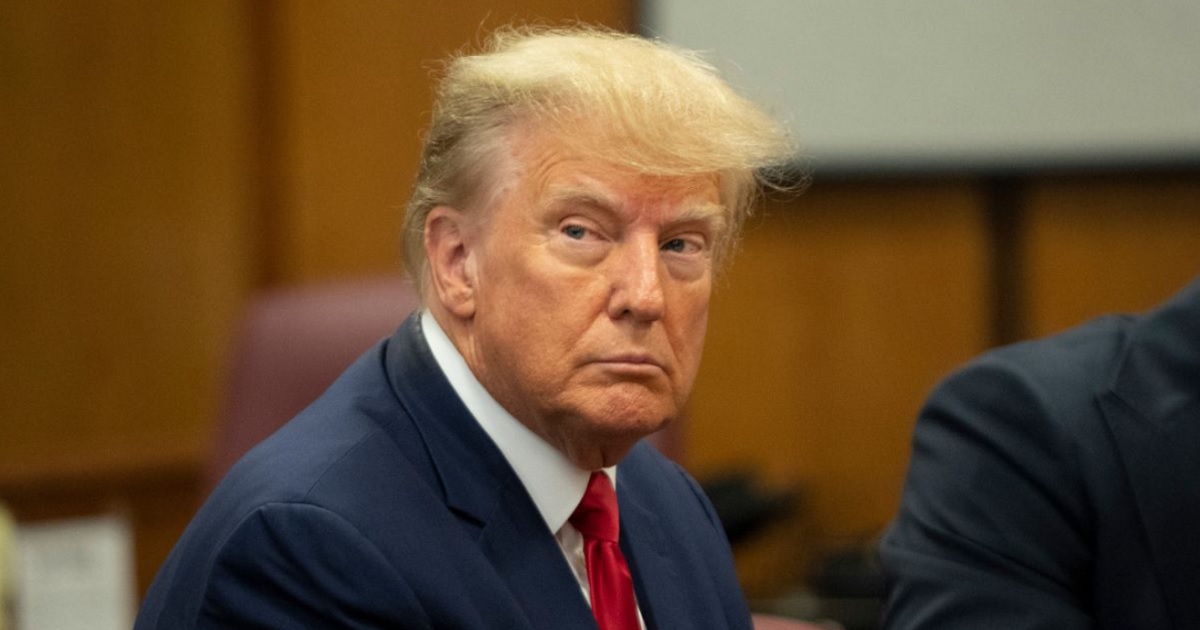Navarro dismisses feud with Musk over tariff comments
A public spat between White House trade adviser Peter Navarro and tech billionaire Elon Musk has escalated into a war of words over President Trump's recent tariff policies.
According to the New York Post, Navarro attempted to downplay the conflict on NBC's "Meet the Press" Sunday, insisting that he and Musk "are great" despite the Tesla CEO's recent harsh criticisms.
The dispute erupted after Trump's April 2 announcement of new tariffs, when Musk, who serves as a special government employee heading the Department of Government Efficiency (DOGE), publicly questioned Navarro's credentials and approach to trade policy.
Heated Exchange Between Tech Mogul and Trade Adviser
Tensions reached a boiling point when Navarro characterized Tesla as merely a "car assembler" rather than a manufacturer. This comment triggered an aggressive response from Musk, who took to X to call Navarro "truly a moron" and "dumber than a sack of bricks."
The 53-year-old Tesla chief didn't stop there, further attacking Navarro by referring to him as "Peter Retard-o" and suggesting that the trade adviser's Harvard degrees were "a bad thing, not a good thing." Musk's company, Tesla, has been particularly vocal about its position as America's leading domestic car manufacturer.
Despite the harsh rhetoric, Navarro, 75, maintained a conciliatory tone during his television appearance, praising Musk's efforts in government efficiency and expressing concern about recent attacks on Tesla vehicles.
Complex Trade Policy Debate Unfolds
The conflict highlights a fundamental disagreement over Trump's aggressive tariff strategy. Current policies include a 25% tariff on Canadian and Mexican imports, aimed at addressing fentanyl concerns, along with similar duties on foreign automobiles and steel.
Navarro, known for his protectionist stance, defended these measures as necessary tools against what he describes as economic cheating by other nations. He emphasized the challenge of addressing non-tariff barriers, currency manipulation, and dumping practices.
Musk, conversely, has consistently opposed trade barriers and advocates for their elimination, particularly between the United States and the European Union. This philosophical difference appears to be at the heart of their public disagreement.
Trump Administration Navigation Through Tariff Implementation
The administration's recent move to exempt electronic devices from the 125% reciprocal tariff on China has added another layer of complexity to the situation. However, Trump has indicated that specialized tariffs for these imports are forthcoming.
Commerce Secretary Howard Lutnick is currently conducting an investigation into the chip supply chain, as Navarro explained during his NBC appearance. He emphasized the complexity of implementing tariffs on semiconductor chips, noting that most are imported as components of finished products rather than as standalone items.
The public feud between these two influential figures has drawn significant attention, particularly given Musk's role in the administration's cost-cutting initiatives.
Current State of Trade Dispute
A 10% baseline tariff remains in effect on most U.S. imports, alongside the 125% reciprocal levy specifically targeting China. These measures form part of Trump's broader trade strategy, which has faced both support and criticism from various sectors of the economy.
Navarro used his television appearance to address concerns about the impact of these policies, though he notably avoided answering whether Musk had successfully influenced Trump to pause the implementation of sweeping reciprocal tariffs for 90 days.
The ongoing tension between these two prominent figures reflects larger debates within the administration about the effectiveness and impact of aggressive trade policies.
Trade Policy Impact and Future Developments
The dispute between Musk and Navarro adds another dimension to the complex implementation of Trump's trade policies. Recent developments suggest a potential softening of certain measures, particularly regarding electronic components and semiconductors.
The White House continues to navigate between protecting domestic industries and maintaining vital international trade relationships. Trump's administration faces the challenge of balancing protectionist policies with the needs of American businesses operating in global markets.
The ongoing tension between Navarro's protectionist stance and Musk's free-trade advocacy illustrates the broader policy debates shaping America's economic relationship with its trading partners.





